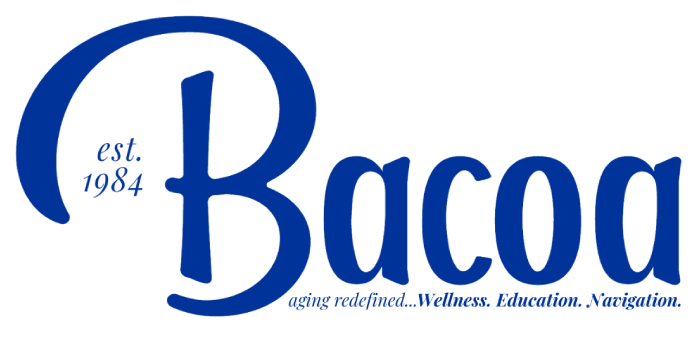“Every day I’m receiving more calls from families who feel they’re at the end of their rope caring for a loved one with Alzheimer’s or a related dementia,” said Barrington Area Council on Aging Memory Program Manager Pam Pellizzari.
Diagnoses of dementia, a memory disorder caused by a variety of diseases that affect the brain, are on the rise. Dementia is not a normal part of aging; it is caused by damage to brain cells that affects one’s ability to communicate, and can affect their thinking, behavior and feelings.
Alzheimer’s disease is the most common cause of dementia, accounting for 60% to 80% of cases. The Alzheimer’s Association of America estimates that 260,000 people over the age of 65 will have Alzheimer’s disease in Illinois by 2025, a 13% increase from 2020.
Leaders in dementia care and support, Bacoa and Pellizzari help families understand the importance of both an early and accurate diagnosis and putting together a care team.
“Early diagnosis has many benefits. It helps families plan ahead and involve their loved ones in important decisions about their care, support needs and financial and legal matters,” Pellizzari said.
“People living with dementia can live meaningful and productive lives for many years after an early diagnosis. Yet, research shows the average time from when symptoms appear to diagnosis is nearly three years.”
According to the Alzheimer’s Association, while there is no single diagnostic test to determine if a person has Alzheimer’s disease, physicians, often with the help of neurologists and other specialists, use a variety of tools to make a diagnosis.
After a diagnosis, families are often unaware of how to connect with local community resources. Dealing with a diagnosis of Alzheimer’s or related dementia can be stigmatizing for both the individual affected and their family.
Bacoa’s Adult Day Program, Alzheimer’s Support Group, and Memory Café provide mutual support and connection, so families don’t feel alone on their journey.
Bacoa’s Adult Day Program is a unique program for individuals living with early-stage Alzheimer’s and related dementias. The program’s model emphasizes the strengths and abilities of its participants, providing a welcoming space where individuals with dementia feel free to express themselves.

